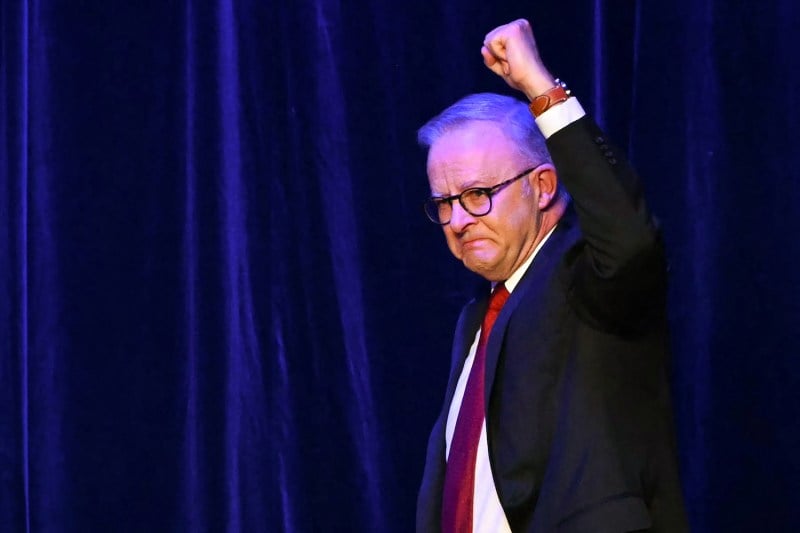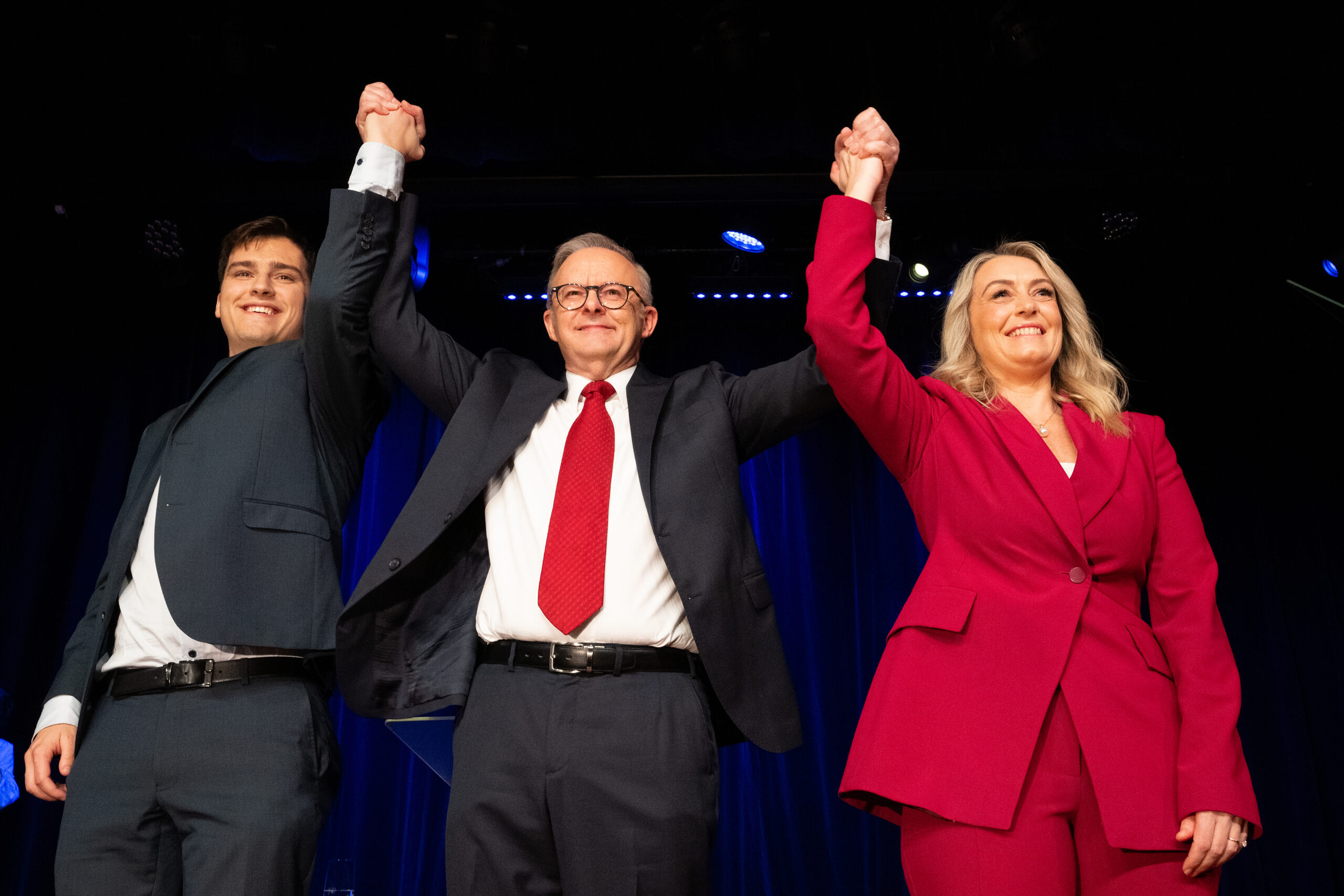Anthony Albanese has achieved what many thought impossible, securing a commanding second term as Australia’s Prime Minister in what political observers are calling one of the most stunning electoral victories in the nation’s modern history. The Labor Party’s landslide triumph on May 3, 2025, not only defied widespread predictions of a hung parliament but delivered a devastating blow to the Liberal-National Coalition that cost opposition leader Peter Dutton his parliamentary seat.
With Labor securing 94 seats in the House of Representatives—the highest tally in the party’s history—Albanese has become the first Australian leader since John Howard in 2004 to win consecutive terms, marking a historic political comeback that has reshaped the country’s political world.
Labor’s Historic Parliamentary Dominance
The scale of Labor’s victory exceeded even the most optimistic projections from party strategists. With 94 seats secured out of 150 in the House of Representatives, Labor achieved its largest-ever parliamentary representation, surpassing all previous records and matching the Coalition’s 1996 achievement as the highest seat count by any political party in Australian electoral history. This represents a remarkable increase from the 77 seats Labor held before the election, demonstrating a nationwide swing toward the government that confounded polling predictions.
The victory margin was particularly striking given that opinion polls leading up to the election had suggested either a narrow Labor win or a minority government scenario. Instead, Albanese’s party secured a commanding majority that provides a clear mandate for their second-term agenda, including promises to slash student debt by 20%, expand free GP visits, and construct 1.2 million new homes.
Coalition’s Catastrophic Collapse

The Liberal-National Coalition suffered what party insiders described as a “bloodbath,” with their representation plummeting to just 43 seats—a devastating loss of 18 seats from their previous position. This collapse marked the worst federal result for the Liberal Party since its formation in 1944, with the party’s primary vote falling to historic lows.
The Coalition’s campaign was hampered by policy confusion, particularly around their controversial nuclear energy proposal to build seven reactors over 20 years, and damaging comparisons between Peter Dutton and US President Donald Trump. These “Trumpian” associations appeared to resonate poorly with Australian voters, contributing to significant swings against the Coalition, particularly in urban areas.
Dutton’s Unprecedented Defeat
In an extraordinary turn of events, Peter Dutton became the first federal opposition leader in Australian history to lose his seat, falling to Labor candidate Ali France in the Queensland electorate of Dickson after 24 years in parliament. This unprecedented outcome underscored the magnitude of the Coalition’s defeat and marked only the third time since Federation that a major party leader had lost their parliamentary seat.
Dutton’s concession speech reflected the gravity of the situation: “We did not do well enough during this campaign, that much is obvious tonight, and I accept full responsibility for that.” His defeat triggered immediate speculation about Coalition leadership, with Deputy Liberal Leader Sussan Ley subsequently elected to replace him.
The Australian Greens experienced their disappointing night, losing three of their four House of Representatives seats, including party leader Adam Bandt’s previously safe Melbourne electorate. The party’s losses included the high-profile seats of Brisbane and Griffith in Queensland, both falling to Labor candidates. Despite maintaining their Senate representation at 11 seats, the Greens’ reduced House presence significantly diminished their influence in the lower chamber.
National Implications and Future Outlook
Albanese’s victory has been characterized as a validation of moderate, center-left governance in an era of global political turbulence. The Prime Minister positioned himself as providing steady leadership amid international uncertainties, particularly regarding trade relationships affected by Trump’s tariff policies. His victory speech emphasized Australian values of “fairness, aspiration and opportunity for all,” contrasting with what many perceived as the Coalition’s more divisive campaign approach.
The election result has also strengthened Labor’s position in the Senate, where they now hold 28 seats compared to the Coalition’s 27, making Labor the largest party in the upper house for the first time since 1984. This enhanced Senate position, combined with their commanding House majority, provides Albanese’s government with unprecedented legislative flexibility to implement their policy agenda over the next three years.

